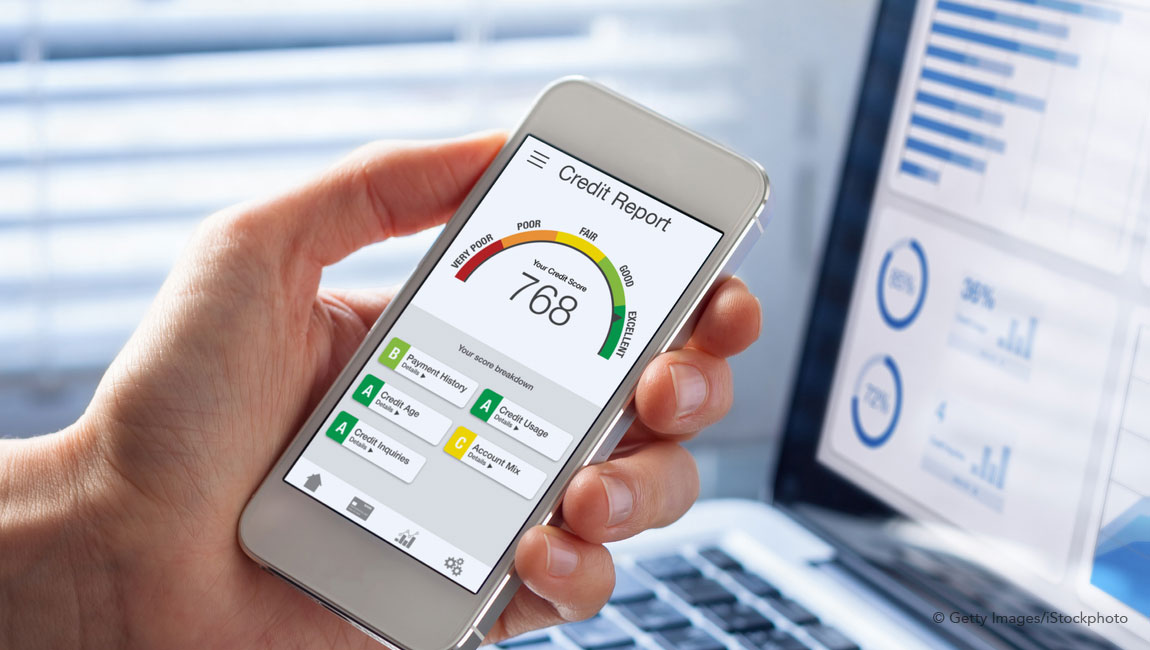A credit profile reflects a person or organization’s financial habits and behavior. It helps others evaluate the financial risks of dealing with a particular person or organization. Thus, a strong credit profile can help entrepreneurs to get finances quickly, get better terms from suppliers, and enjoy market credibility. So, to build a strong credit profile, the concerned entrepreneurs must maintain visibly good financial habits and behavior.
There are specific steps they can take to ensure strong credit profiles. The first of these steps is to establish a registered business entity and separate personal credit from business credit. While this is basic, there are a considerable number of solopreneurs who do not do this, and as a result, it becomes difficult for them to show a well-defined credit profile for business purposes.
The next is to open a business account at a bank, so your business expenses and income are tracked separately from your personal finances. The next logical step is to apply for and obtain a business credit card. Meanwhile, one crucial thing to remember is always to pay your credit card dues or loan installments on time. Even a single miss can bring down your rating and can lead to the refusal of loans later.
It is also essential to get a business credit report and check what others would see if they reviewed your credit. That will help you spot where to focus and take corrective steps to enhance your creditworthiness. Paying your bills, not only your utility bills but vendor invoices, taxes, and all other dues, on time is necessary and will help you improve your credit rating.
In today’s world, various software programs track and record every financial action or omission. So, those who build up a steady record of paying on time find finances easy to access. Never go overboard using your credit card, even if you repay on time. Keeping your credit utilization rate below 30% is prudent, as high credit utilization can signal to lenders that you are overleveraging your capacities.
Build up a track record of borrowing responsibly. Sometimes, those building up their credit profiles fresh take small unneeded loans just to build up records showing loans repaid regularly and on time. It helps to start a credit profile on a solid footing. So, borrow money only when needed. A responsible borrowing history improves your creditworthiness and allows you to get financing when required.
Lastly, keeping your credit accounts active is essential, as dormant accounts do not signal to financial tracking software that your credit profile is alive and well.




